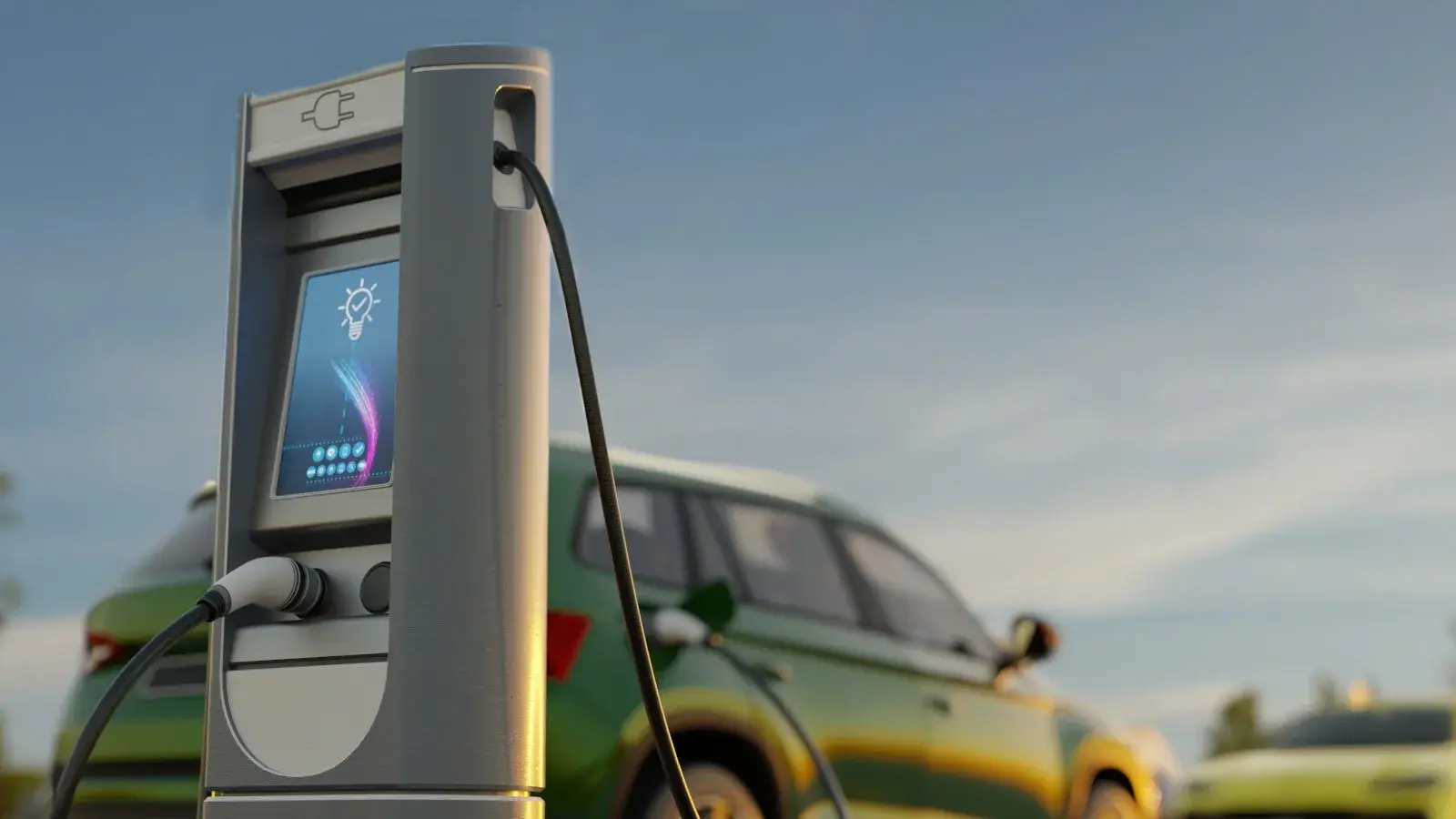Baku, Azerbaijan, 14 November 2024 – 11 prominent companies have come together under the Zero Emission Vehicles Emerging Markets Initiative (ZEV-EM-I) to advance the electrification of passenger, last mile, and long-haul fleet vehicles in Mexico’s cities and freight corridors.
Today, at COP 29, they announced a demand signal for approximately 9,000 electric vehicles in Mexico by 2027; and more than 17,000 electric vehicles by 2030, including freight and passenger vehicles. The companies involved span the transportation value chain, on both the demand and supply side and are dedicated to reducing carbon emissions in their fleet operations. They will collaborate, and engage with government, the investment community and infrastructure stakeholders; to identify viability gaps, suitable financing instruments, and support a policy roadmap that could enable large-scale pilot deployment.
This is part of the collaborative effort that includes a wide coalition of businesses supporting Mexico’s transition to sustainable mobility, including firms such as CE Neutral, Daimler Truck Mexico, DHL, Evergo, KPMG, LinkedIn, Maersk, Michelin, Philip Morris International, Uber and Vemo.
The transport sector contributes roughly 23 percent of Mexico’s greenhouse gas (GHG) emissions, making it the largest single sector GHG emission source at a national level. This announcement supports Mexico’s goal under its revised Nationally Determined Contribution to achieve a 35% reduction in GHG emissions by 2030.
This announcement follows a series of dialogues with private- and public-sector stakeholders as part of ZEV-EM-I led by the World Business Council for Sustainable Development (WBCSD), the United States, and the United Kingdom, under the Zero-Emission Vehicle Transition Council (ZEVTC). Since its launch at COP27, the ZEV-EM-I has collaborated with over 50 companies and more than 10 international partners in India and Mexico, with plans to expand its reach to Brazil and other emerging markets. The ZEV-EM-I also plays a prominent role in the ZEVTC’s Global ZEV Transition Roadmap, which will see its first annual update also launched today.
The initiative brings together businesses across the ZEV value chain, leveraging partnerships with countries to accelerate the global adoption of passenger, commercial freight and public transit zero-emission vehicles. Mexico follows a successful launch of this initiative in India, which yielded a market signal of close to 8000 electric medium and heavy-duty vehicles by 2030.
The expansion of the ZEV –EM-I is fully aligned with the goals of the new WBCSD Center for Decarbonization Demand Acceleration. Members and partners of WBCSD Transport & Mobility Pathway will play a crucial role in transitioning from a demand ‘signal’ to demand ‘action’ for low and zero emission transport industry and infrastructure.
“It is exciting to see this demand signal from forward leaning companies dedicated to transitioning toward zero-emission vehicles in Mexico.”
Rick Duke, U.S. Deputy Special Envoy for Climate
“Maersk’s commitment to signal demand for the electrification of landside transportation across Mexico and Brazil underscores both the urgent need to address climate challenges and the economic potential of decarbonizing logistics. Achieving this goal requires robust local access to renewable energy sources, investment in infrastructure, regulatory support, and active engagement from suppliers. By collaborating with industry leaders, we are furthering an ecosystem that supports and accelerates electric freight adoption. As part of our global commitment for net-zero by 2040, we are dedicated to verified emissions-reduction in transport and to advancing the infrastructure needed for low- and zero-emission transport networks worldwide.”
Nikolaj Pihl Kristensen, Head of Energy Transition and Partnerships. A.P Moller- Maersk
“Today, the Zero Emission Vehicles Emerging Markets Initiative marks a key step toward sustainable mobility. The collective demand for over 17,000 electric vehicles in Mexico by 2030 highlights the power of collaboration across the transportation value chain. This initiative will guide investment and policy decisions to reduce transportation emissions and help Mexico achieve their Nationally Determined Contributions.”
Diane Holdorf, Executive Vice President, WBCSD
“Accelerating the global transition to zero emission vehicles (ZEV) will drive economic growth and support jobs while tackling climate change and air pollution. The updated Global ZEV Transition Roadmap, of which the ZEV Emerging Markets Initiative is a key part, lays out how we can collectively support emerging markets and developing economies to go electric this decade”.
Kerry McCarthy, UK Minister for Climate Change
At Uber, we are putting all our efforts into advancing net-zero mobility in Mexico. Industry partnerships, such as this one with the WBCSD, are key for promoting and advancing sustainable and multi-modal transportation that is accessible, democratic, and affordable.”
Nicolas Sanchez, Director of Government Affairs and Public Policy for Uber Mexico
